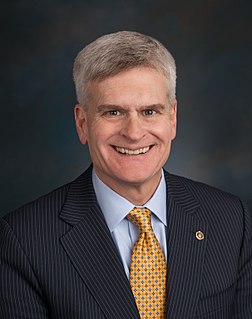A Quote by Henry Giroux
Within the existing neoliberal historical conjuncture, there is a merging of violence and governance and the systemic disinvestment in and breakdown of institutions and public spheres that have provided the minimal conditions for democracy.
Related Quotes
The rise of casino capitalism and the punishing state with their vast apparatuses of real and symbolic violence must be also addressed as part of a broader historical and political attack on public values, civic literacy and economic justice. Crucial here is the need to engage how such an attack is aided and abetted by the emergence of a poisonous neoliberal public pedagogy that depoliticizes as much as it entertains and corrupts.
In this particular historical moment, the notion of conjuncture helps us to address theoretically how youth protests are largely related to a historically specific neoliberal project that promotes vast inequalities in income and wealth, creates the student-loan-debt bomb, eliminates much-needed social programs, eviscerates the social wage, and privileges profits and commodities over people.
Democracy, in the United States rhetoric refers to a system of governance in which elite elements based in the business community control the state by virtue of their dominance of the private society, while the population observes quietly. So understood, democracy is a system of elite decision and public ratification, as in the United States itself. Correspondingly, popular involvement in the formation of public policy is considered a serious threat. It is not a step towards democracy; rather it constitutes a 'crisis of democracy' that must be overcome.
There are degrees of incompatibility, and there are more factors relevant to upholding democracy and human rights than the operation of neoliberal markets. Perhaps this point can be initially made by reference to the decline of democracy and the erosion of human rights within the United States since the 9/11 attacks.
The United States of America or the Western countries, they don't have a problem with Islamists as long as they are neoliberal capitalists and promoting the economic order. And the best example is the petro-monarchies. The petro-monarchies, they don't want democracy. They say there is no democracy in Islam. But they are within the economic system.
It is equally unreasonable to run a university as a "participatory democracy," the approach to governance that once existed in Europe. That approach in European institutions of higher learning was appealing to professors because it was democratic. But those institutions also suffered because they lacked an executive decision-making process; making changes became virtually impossible.































